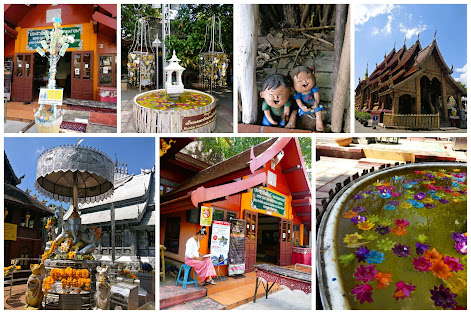Participation in real meaning…
Participation in real meaning…
Participation is a word nowadays popular
not only in development sector but in corporate sector as well. Everyone is
using it very easily but can’t assimilate or internalize it. Everyone means trainer, NGO
workers, politicians, government high authorities etc. all are using this word
‘Participation’.
What I learnt from
our watershed classes of participation (From Ms. Shilpa Vasavada, Ms. Kirtida
Vora), you can’t generalize the people by saying villagers (gramloko) or all the
Gujaratis or all the Indians (deshvasiyo). It becomes very raw statement if we
use it like this.
Is it ambiguous? May
be you can feel that way.
If we address the
people as villagers or community and generalize them then the only people who
are already active and aware will participate in each activity if you want or
not and if you inform them or not. For example in Gramsabha – We announced gramsabha
by every means like by writing on walls, by beating drum, by announcing in mike
etc. but the people or community who are deprived and suppressed like poor, dalit,
women, small farmers etc will not participate in gramsabha. But, yes the politically active and aware
people will surely and only participate in Gramsabha. To make deprived and suppressed
people to participate, we have to work hard in terms of encouragement and
strengthening them by building their capacities. By one or two visits, they are
not going to believe you and going to come because suppression was going on
from many years. Even they have very limited income generation activity so they
will give more priority to their activity than gramsabha as they find gramsabha
is not more useful for their life. Even nobody has heard them in gramsabha so
how can we expect them that they will come and speak in gramsabha in your one
or two trials…!
But if we say poor,
dalit, small farmers, women, women farmers then we can concentrate on that
particular people and community who really need. If we speak and thought
villagers/all Gujaratis/all Indians then we can’t concentrate on oppressed
people like above. If we think then only we can execute. Still we have big
difference between poor and rich, women and men, small and big farmers. We can’t
distribute benefits equally in all villagers. If we have two children, one is
in good health and one is mentally retarded, to whom we are going give more love?
Obviously to the mentally retarded one. Same way we have to concentrate more on
these people. I have visited many villages where the work of SHGs and income
generation activity, watershed, water & sanitation taken place very
effectively but our brother and sisters who are poor, dalit, women, women
farmers are still far behind because our social mobilizers, middle level
managers and high authorities don’t have time to spend with this needy people
to understand their requirement instead they are busy in finishing the targets.
I remember one session of Mr. Sachin Oza, in which he said first you understand
the people/community and specially the poor, dalit, women etc. But instead we
want to make them understand our schemes and what they have to do in this
scheme and their responsibilities for village etc. Infect we are directly
blaming them without understanding them for not participating in the schemes. I
like to raise the question to all of us – how many are participating in our
society meeting? This is the answer.

.jpg)

Very useful.
ReplyDeleteEspecially the example of ''two childrn'' is fantastic
A good one. These days the word 'participation' is used very superficially and without a context. Need better awareness among people who use it.
ReplyDelete